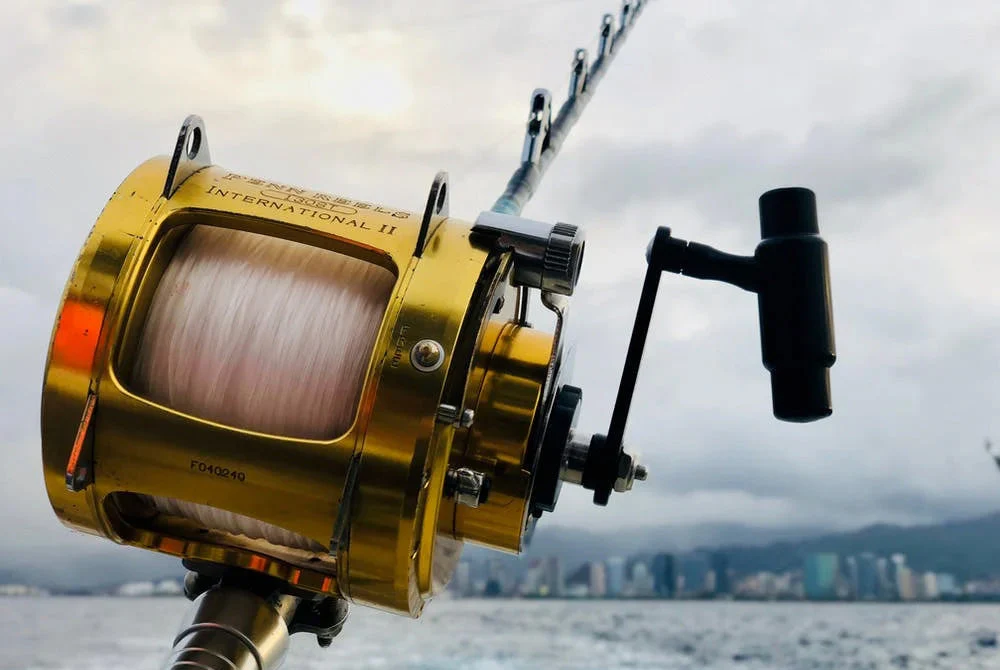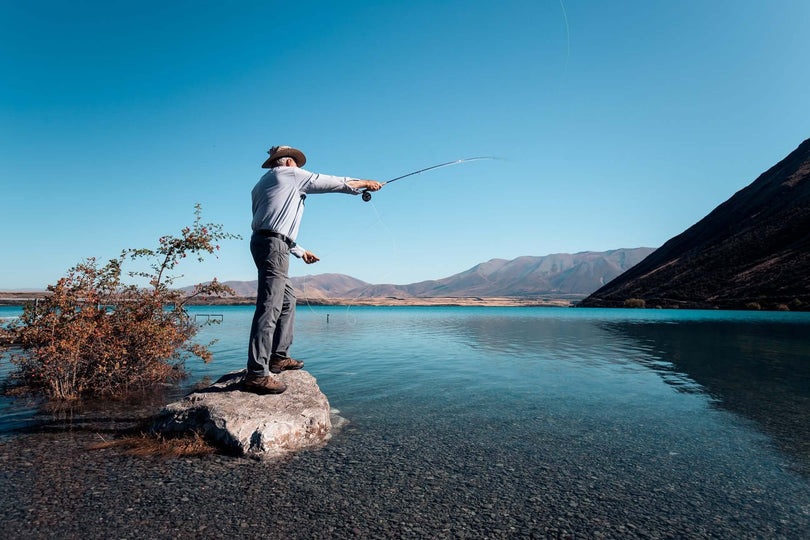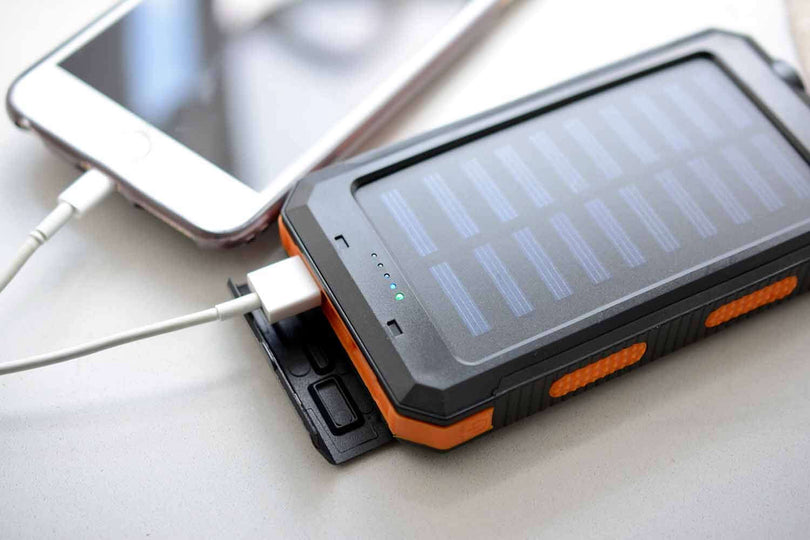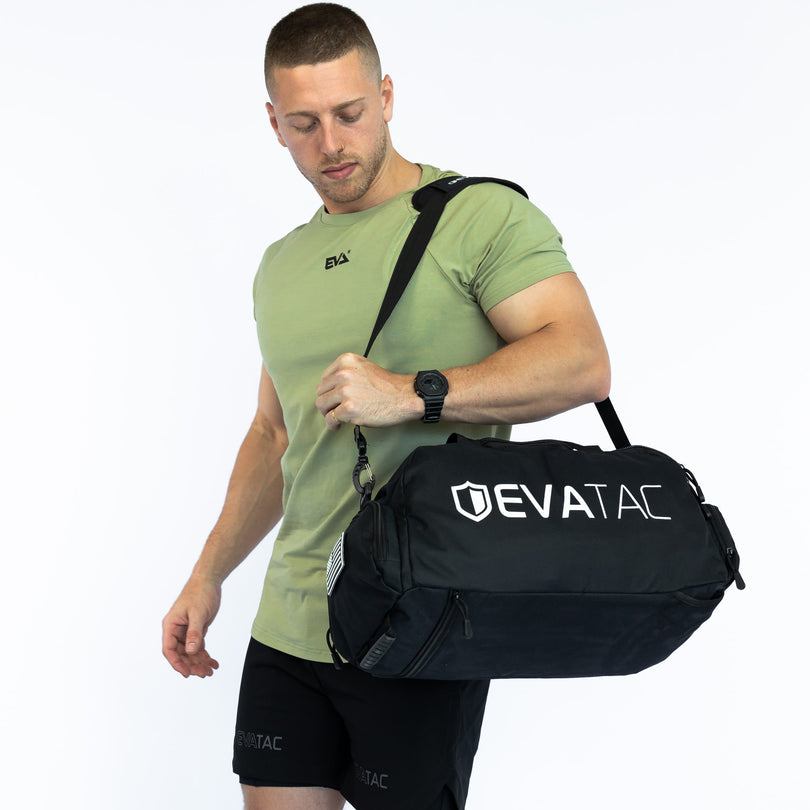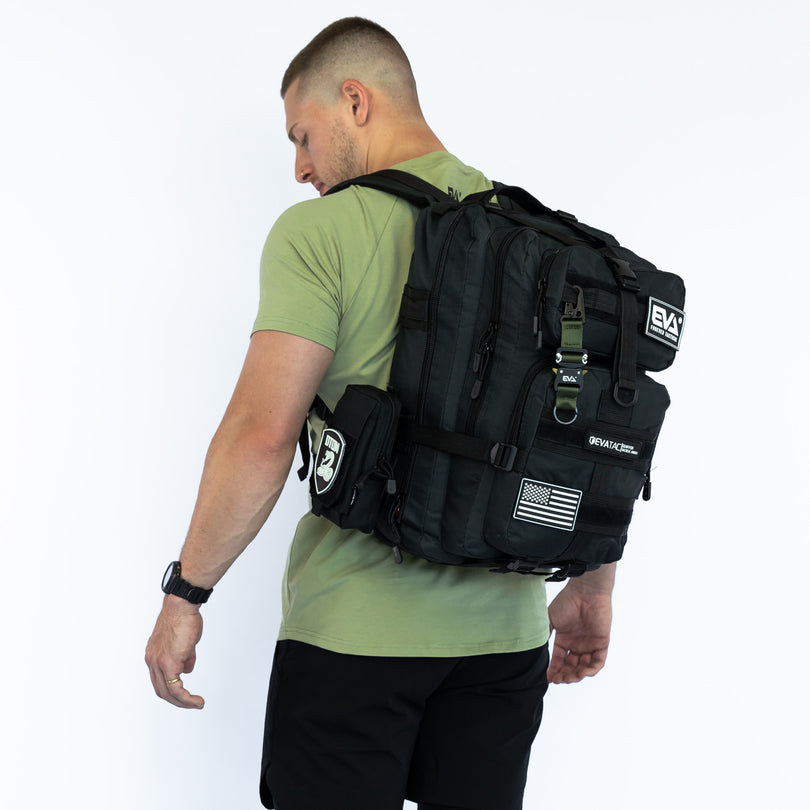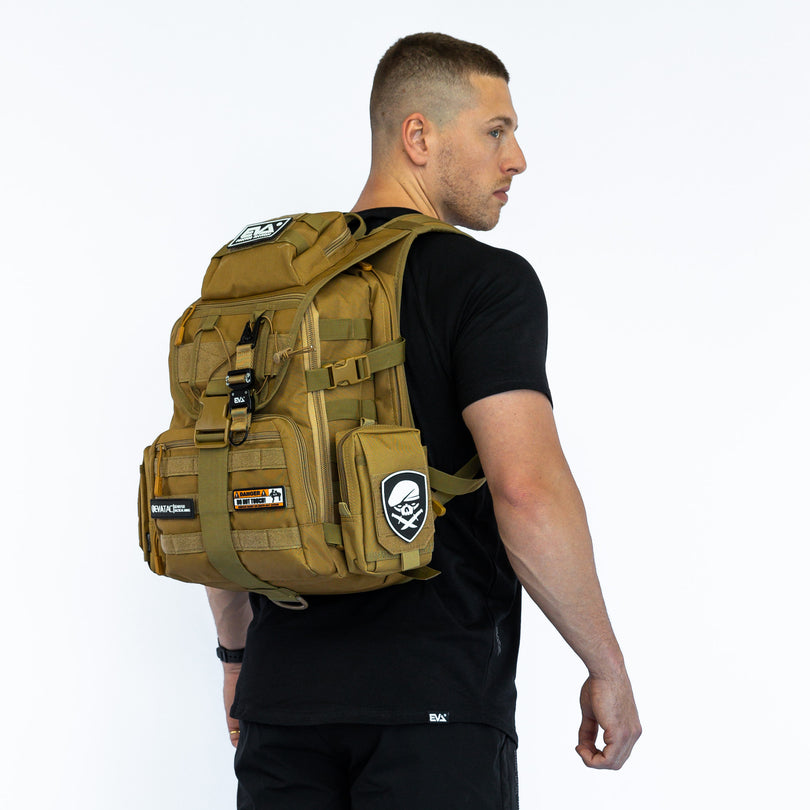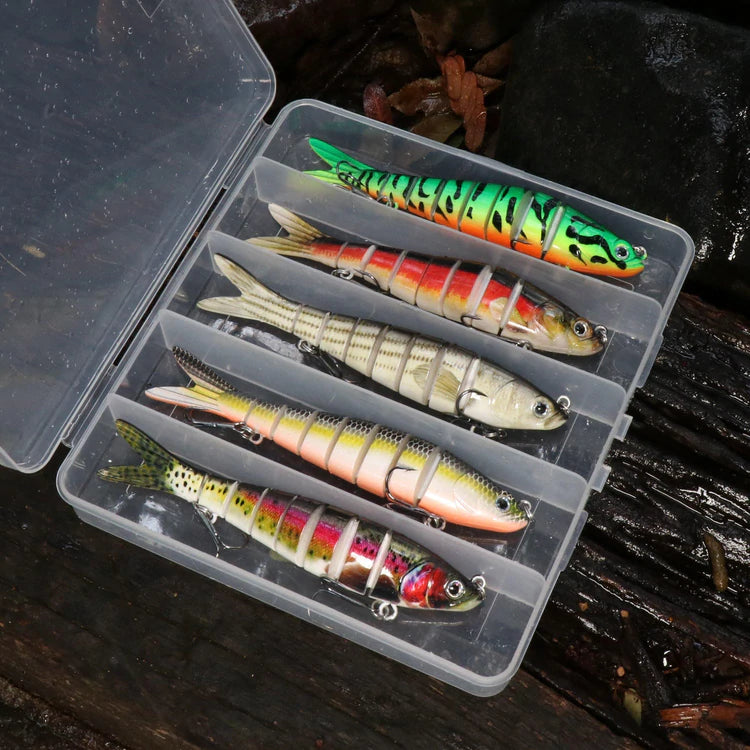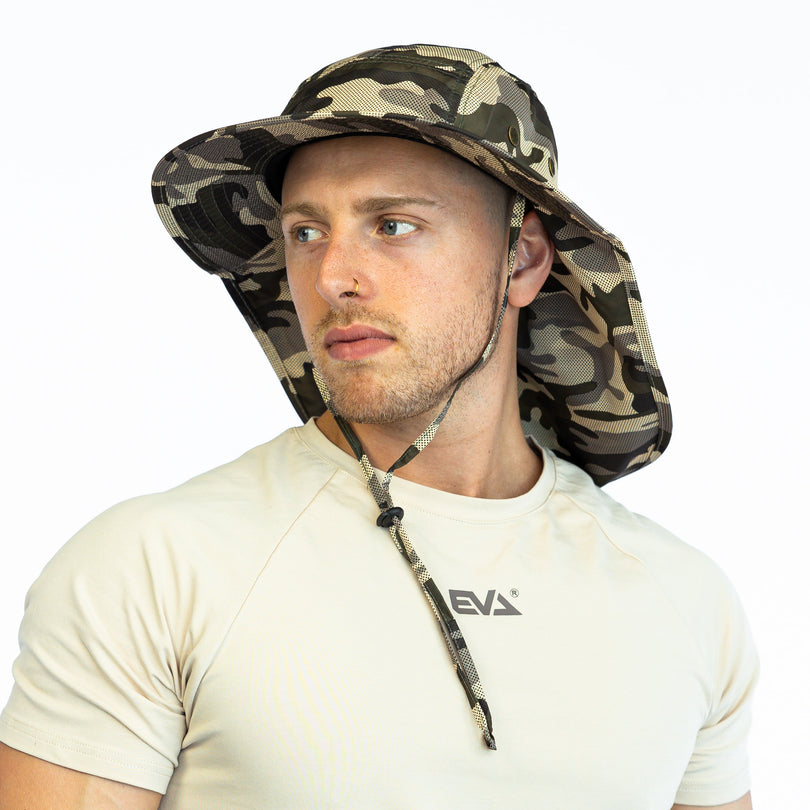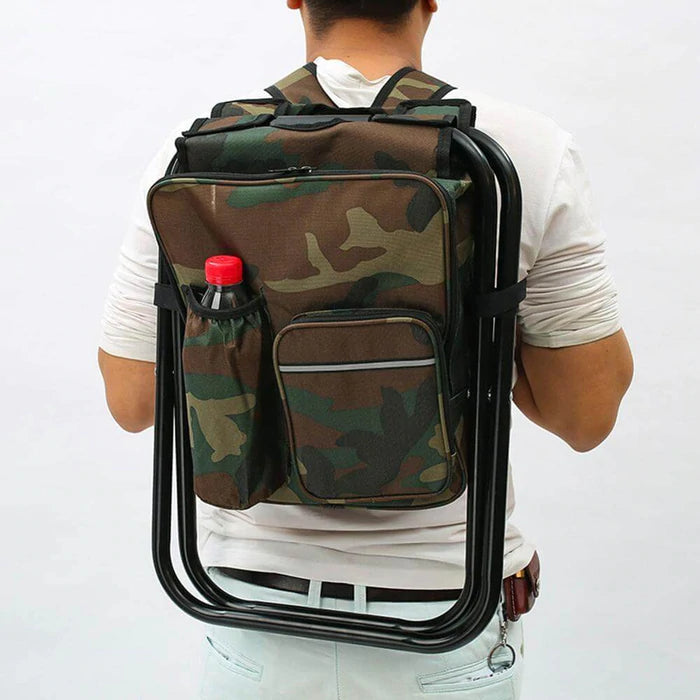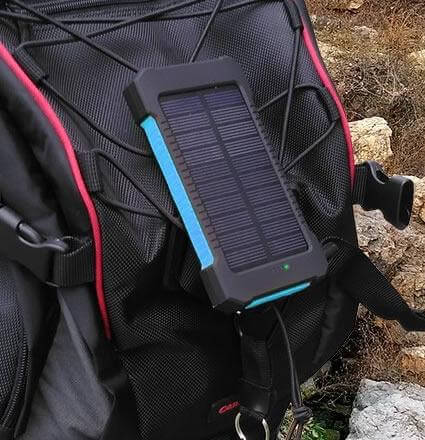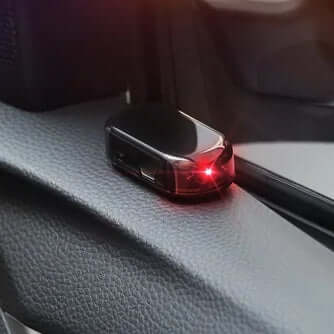Australia is home to some of the best Jetty fishing in the world. If you're looking to catch a big fish or a gummy shark on a Jetty across Australian waters, then this guide is for you!
In this blog post, we will go over everything from what gear you need, to where to find the best spots. So whether you're a beginner or an experienced angler, read on for some tips that will help you land fish on a Jetty Down Under!
What Tide is Best for Jetty Fishing?
One of the most important things to consider when you're Jetty fishing is the tide. You want to make sure that you are fishing during a high tide in fishing spots, as this is when the fish will be closer to the Jetty and this is when the fish will be most active in offshore fishing.
This is because fish like gummy sharks will be searching for food that the tide has washed up. Another benefit of fishing during a high tide is that it will be easier to cast your line, as there will be fewer rocks and debris in the way.
Another thing to keep in mind is that you want to avoid any areas with strong currents, as this can make it difficult to land your fish. Look for areas where the water is calm and there is little movement such as doing pier fishing. This will give you the best chance to catch squid or fish species on a jetty.
What Size Hooks for Jetty Fishing?
The size of the hooks you use will depend on what kind of fish you're targeting. If you're after something like a flathead, then you'll want to use a size two or three hooks, a monofilament line is also fine.
However, if you're after something bigger like a jewfish, then you'll need to use a larger hook such as a size six or seven, a braided line is also recommended as it has more strength and abrasion resistance.
For something like a snapper, you'll want to use a size four or five hook. And for something like a bream, you'll want to use a size six or seven hooks.
What Size Rod is Best for Jetty and Beach Fishing?
The size of the rod you use will also depend on what kind of fish you're targeting. If you're after something like catching squid, then you'll want to use a light to medium action rod. However, if you're after something bigger like a jewfish, then you'll need to use a heavy-action rod.
For something like a snapper, you'll want to use a medium-action rod. And for something like a bream, you'll want to use a light-action rod.
As far as the line goes, you'll want to use a monofilament line for land-based fishing. This is because it's less likely to get tangled on the Jetty. And it's also less likely to snap if you're using a light-action rod.
No matter what kind of Jetty fishing you're doing, the most important thing is to have fun and enjoy yourself! You might just be surprised at how easy it is to catch fish on Jetties even in rock fishing spots!
How Do You Not Get Snagged on a Jetty
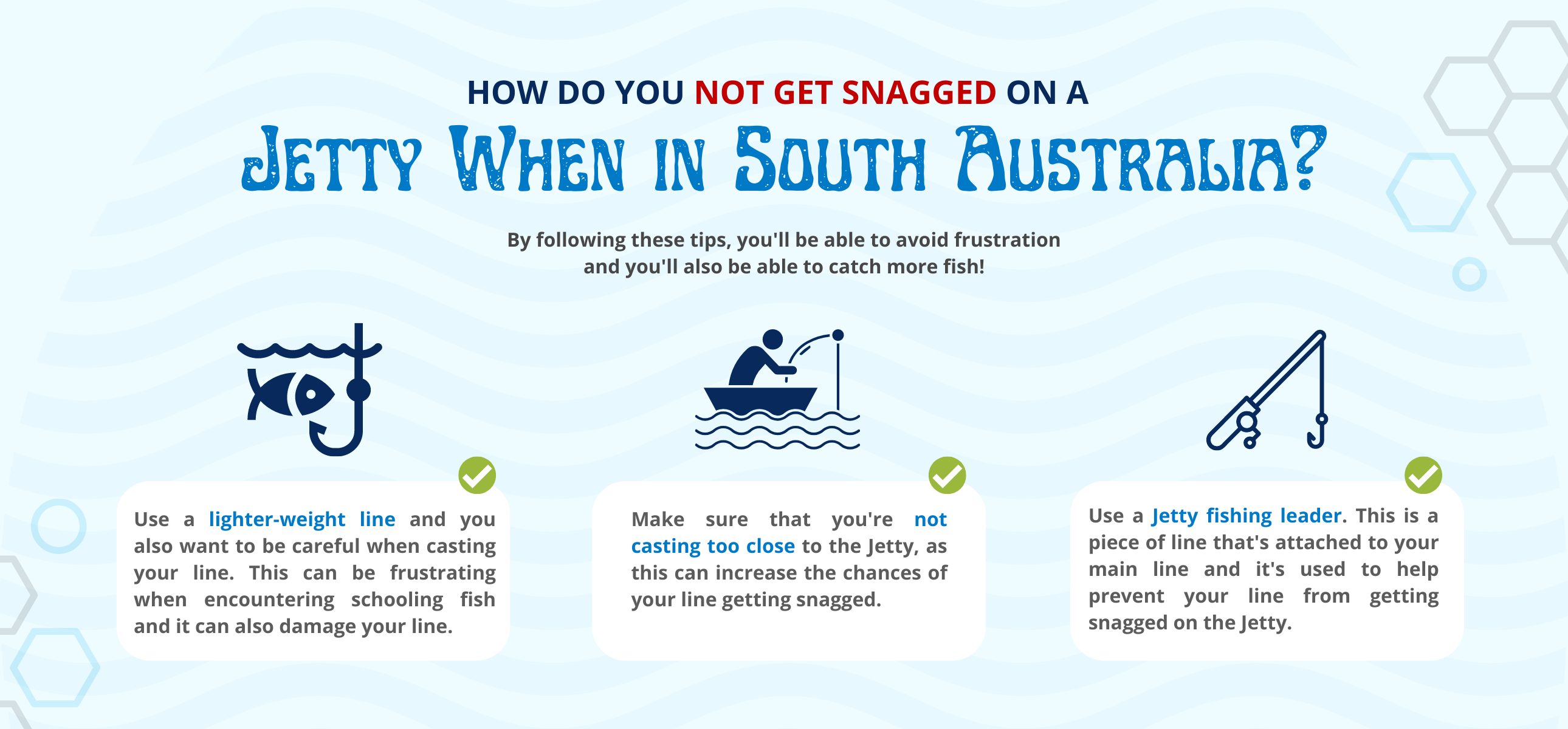
One of the most common Jetty fishing mistakes is getting your line snagged on the Jetty. This can be frustrating when encountering schooling fish and it can also damage your line. To avoid this, you want to use a lighter-weight line and you also want to be careful when casting your line. Make sure that you're not casting too close to the Jetty, as this can increase the chances of your line getting snagged.
Another thing you can do is use a Jetty fishing leader. This is a piece of line that's attached to your main line and it's used to help prevent your line from getting snagged on the Jetty. Jetty fishing leaders are usually made from fluorocarbon or monofilament and they're usually about 60cm long.
Jetty fishing can be a great way to catch fish, but it's important to keep these tips in mind so that you don't get your line snagged on the Jetty. By following these tips, you'll be able to avoid frustration and you'll also be able to catch more fish!
What is the Best Bait for Jetty Fishing?
There are a few options that work well when Jetty fishing. One is to use live bait, such as prawns or worms. This is because the fish will be attracted to the movement of the bait. Another option is to use cut bait, such as squid jigs or fish fillets. This is a good option if you're after something like a jewfish or a snapper.
And finally, you can also use lures, such as soft plastics lures or metal jigs. This is a good option if you're trying to target a specific kind of fish or you're looking to catch fish that are harder to bait such as flathead.
How do you Fish on Jetties?
That’s a question we get asked a lot, and the answer is different for every angler. Some like to fish from the end of the jetty, while others will cast their line from the shore. And then there are those who like to fish from a boat that’s moored up next to the jetty.
There are a few different ways that you can fish on Jetties. One way is to use a running sinker rig. This rig is good for fishing in deeper water, as it will allow your bait to sink down to where the fish are. Another option is to use a paternoster rig. This rig is good for fishing in shallower water, as it keeps your bait close to the Jetty. You can also fish without using any rigs at all! This is known as freelining, and it's a great way to catch fish on Jetties.
So there you have it! A beginner's guide to Jetty fishing. Now that you know what to consider when Jetty fishing, as well as what, bait and tackle to use, you're ready to go out and give it a try! Just remember to have fun and enjoy yourself, and you're sure to catch some fish! Jetty fishing is a great way to spend a day, so get out there and give it a go!


